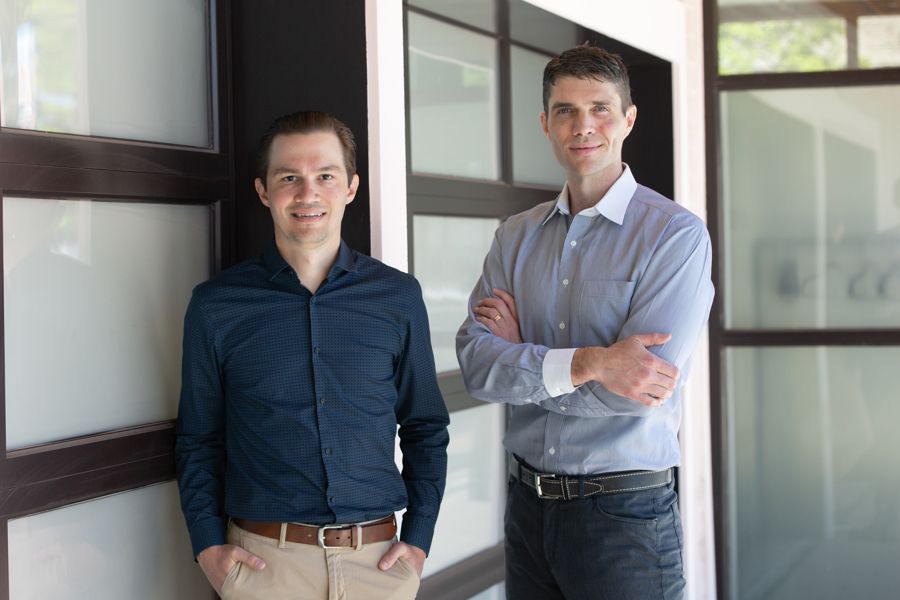Tynt Technologies locks up $8.5 million to engineer blackout windows
BOULDER — Tynt Technologies Inc., a Boulder-based developer of blackout window technology that aims to increase home comfort, privacy and energy efficiency, has raised $8.5 million in seed funding through a combination of private financing and federal grants.
The company, co-founded by University of Colorado professor Mike McGehee, is working to scale its reversible metal electrodeposition (RME) technology, used to create the windows’ blackout effect.
“Five years ago, my university research group and I noticed that nearly everyone pursuing dynamic windows were using essentially the same materials, and thus subject to the same limitations. We started from scratch, and RME proved to be more successful than we could have imagined,” McGehee said in a prepared statement. “We found that we could make color neutral windows with a much better range of light transmission and knew that our low temperature solution-based process had potential to dramatically reduce costs.”
In addition to $7 million raised from several venture capital firms, Tynt received $1.5 million from the U.S. Department of Energy’s Buildings Energy Efficiency Frontiers & Innovation Technologies grant program.
© 2021 BizWest Media LLC
BOULDER — Tynt Technologies Inc., a Boulder-based developer of blackout window technology that aims to increase home comfort, privacy and energy efficiency, has raised $8.5 million in seed funding through a combination of private financing and federal grants.
The company, co-founded by University of Colorado professor Mike McGehee, is working to scale its reversible metal electrodeposition (RME) technology, used to create the windows’ blackout effect.
“Five years ago, my university research group and I noticed that nearly everyone pursuing dynamic windows were using essentially the same materials, and thus subject to the same limitations. We started from scratch, and RME proved to…
THIS ARTICLE IS FOR SUBSCRIBERS ONLY
Continue reading for less than $3 per week!
Get a month of award-winning local business news, trends and insights
Access award-winning content today!




